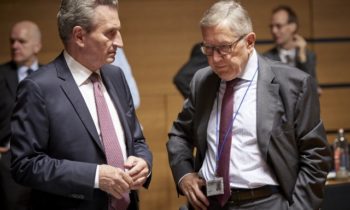 On 22 June 2018, the Council approved an agreement with Norway aimed at boosting cooperation in the area of VAT.
On 22 June 2018, the Council approved an agreement with Norway aimed at boosting cooperation in the area of VAT.
The agreement, signed in Sofia on 6 February 2018, provides EU member states and Norway with a legal framework for administrative cooperation in:
- preventing VAT fraud;
- assisting each other in the recovery of VAT claims.
The agreement follows the same structure that is currently used for cooperation between the EU’s member states. It provides for the same instruments, such as electronic platforms and e-forms. Fraud schemes often exploit weaknesses in the way VAT transaction chains are controlled when they include counterparts located in third countries.

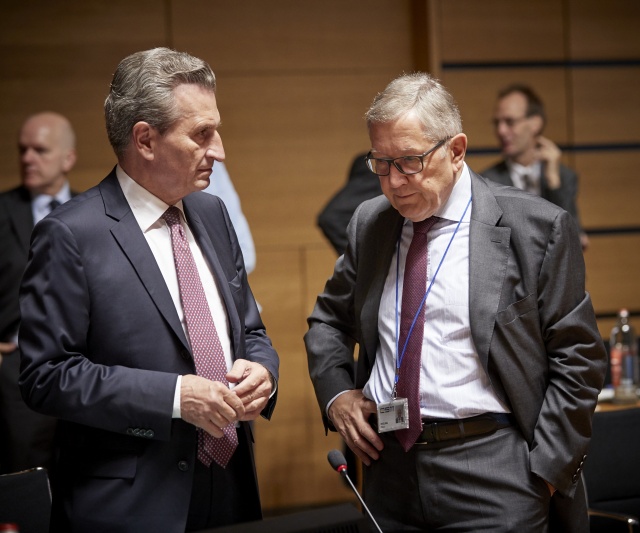

 The World Health Organization (WHO) follows the Nordic countries in repealing sexual minorities with consenting practices from the International Classification of Diseases in the new revision ICD-11.
The World Health Organization (WHO) follows the Nordic countries in repealing sexual minorities with consenting practices from the International Classification of Diseases in the new revision ICD-11. 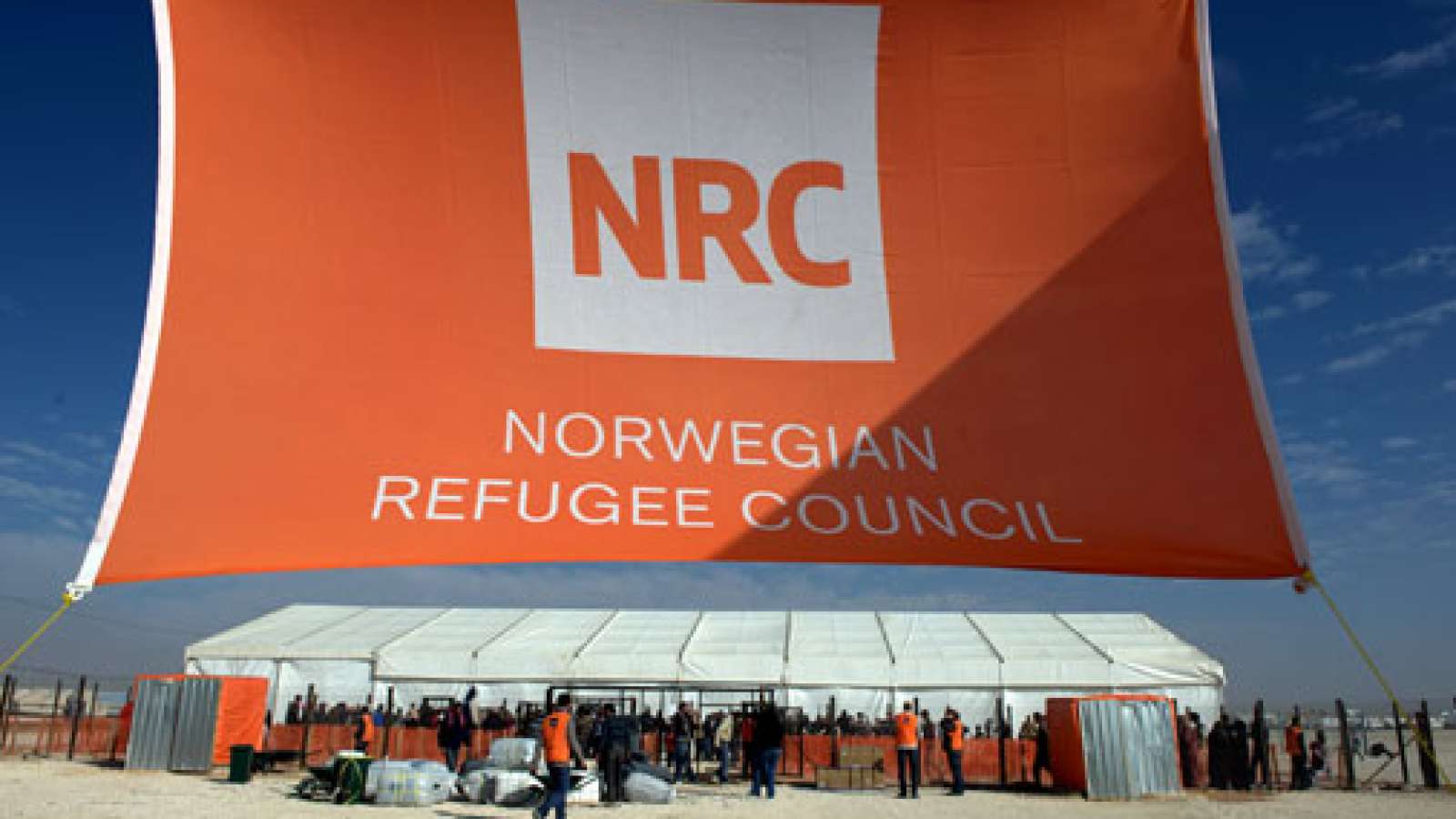
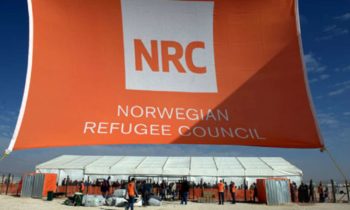 With thousands of civilians currently fleeing violence in southern Syria, the Norwegian Refugee Council strongly appeals to Jordan to ensure the displaced can seek refuge across the border, and for the international community to offer substantial support at this moment of crisis.
With thousands of civilians currently fleeing violence in southern Syria, the Norwegian Refugee Council strongly appeals to Jordan to ensure the displaced can seek refuge across the border, and for the international community to offer substantial support at this moment of crisis.
 Norwegian Government presented the annual white paper on exports of defence-related products. In 2017, Norway exported arms and military equipment worth around NOK 5.4 billion, up from NOK 3.6 billion in 2016.
Norwegian Government presented the annual white paper on exports of defence-related products. In 2017, Norway exported arms and military equipment worth around NOK 5.4 billion, up from NOK 3.6 billion in 2016.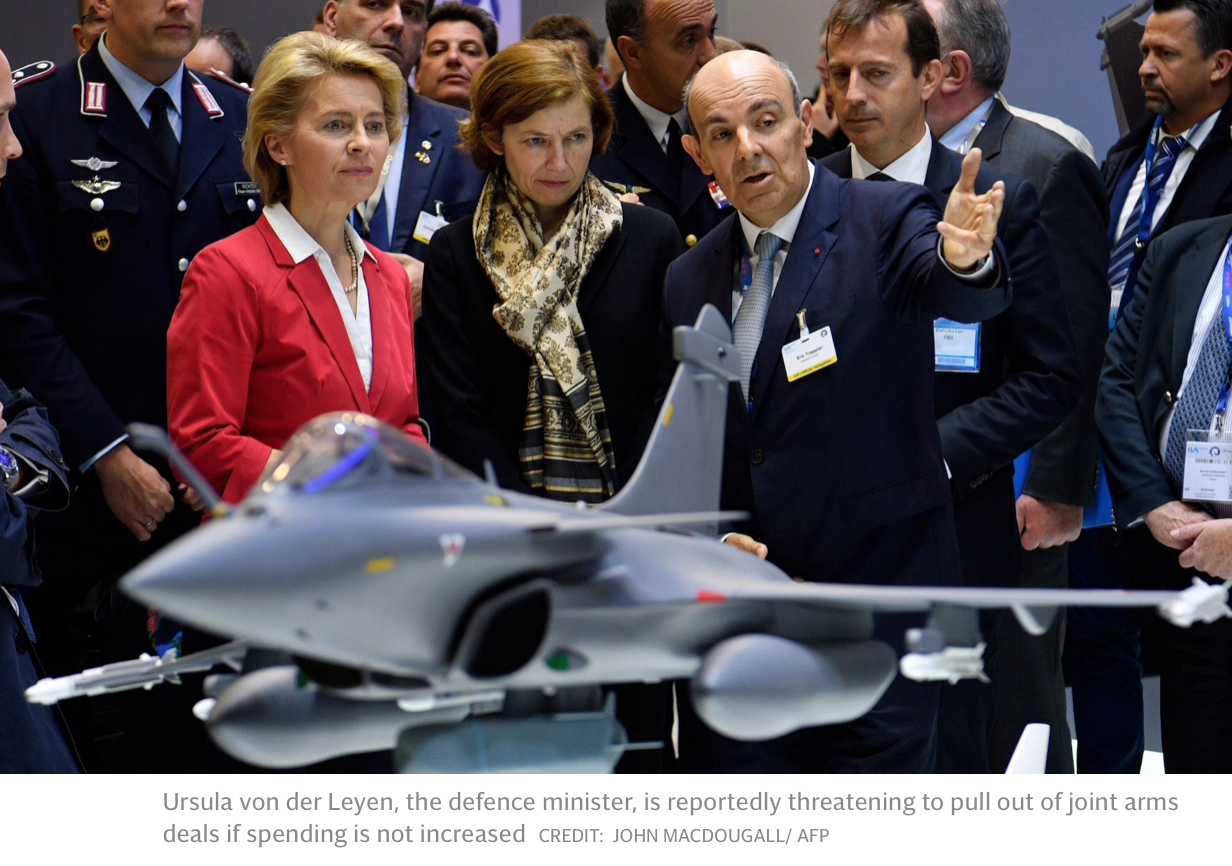
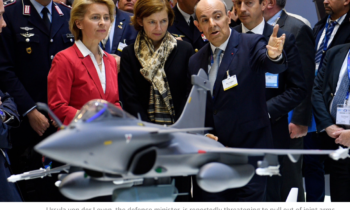 European joint defence projects have reportedly been thrown into doubt amid a row over military spending in Angela Merkel’s coalition government.
European joint defence projects have reportedly been thrown into doubt amid a row over military spending in Angela Merkel’s coalition government.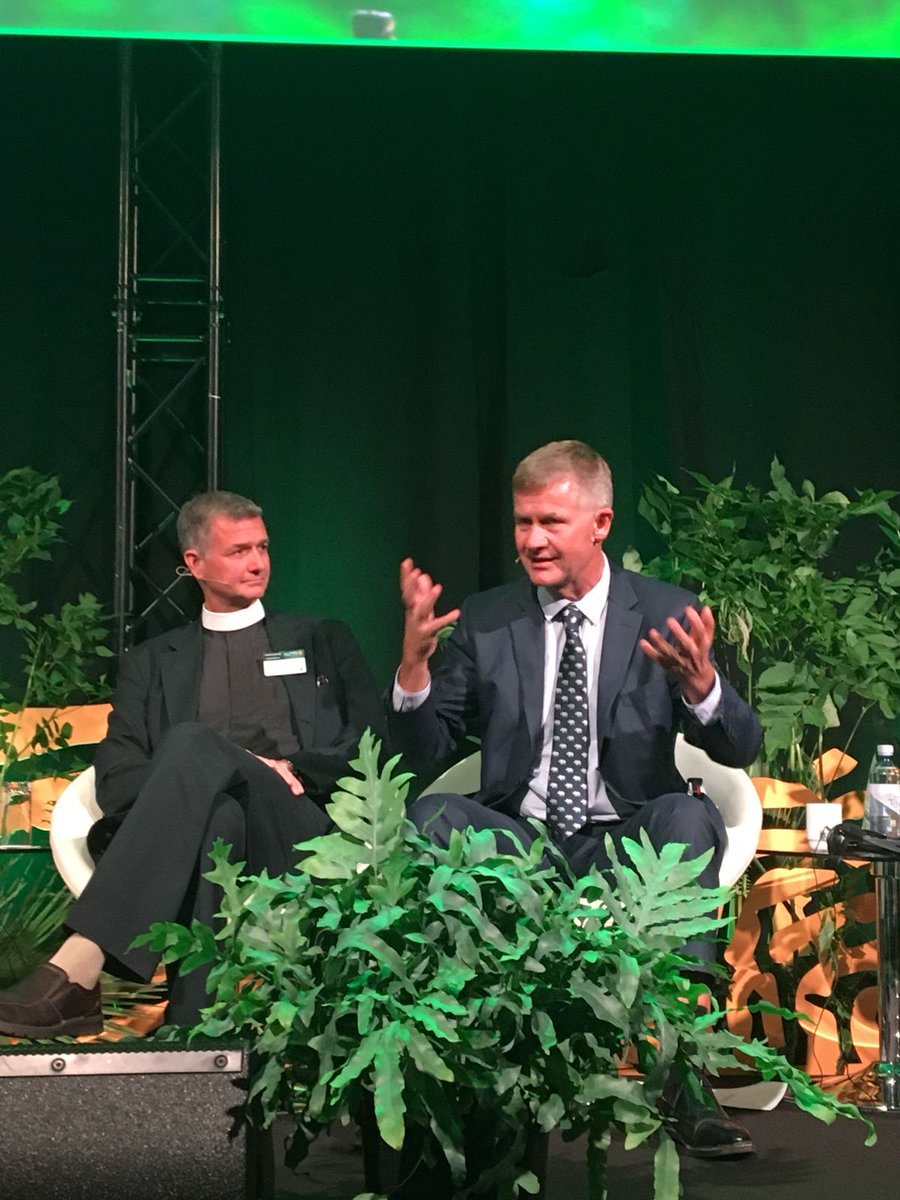
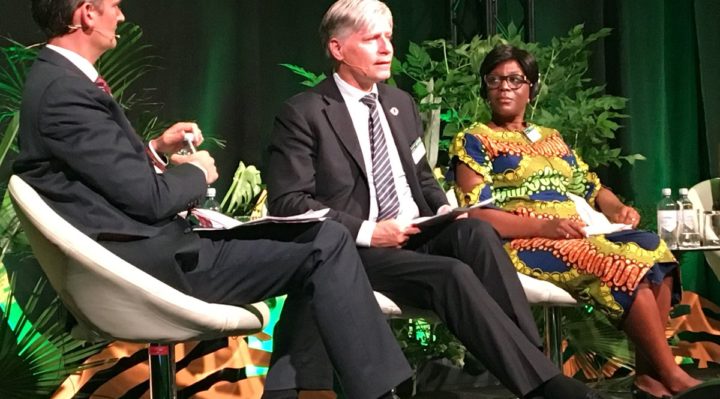
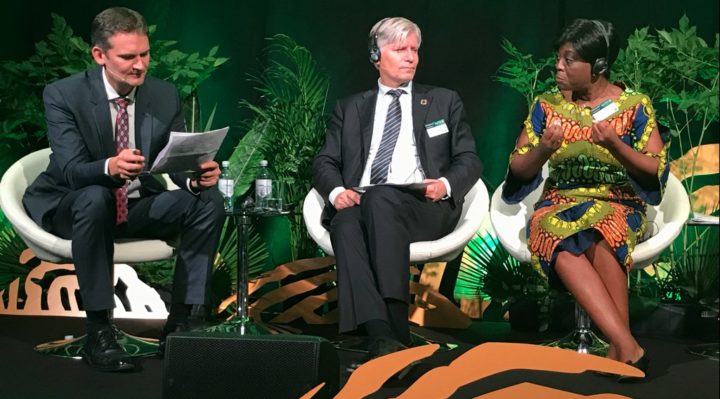
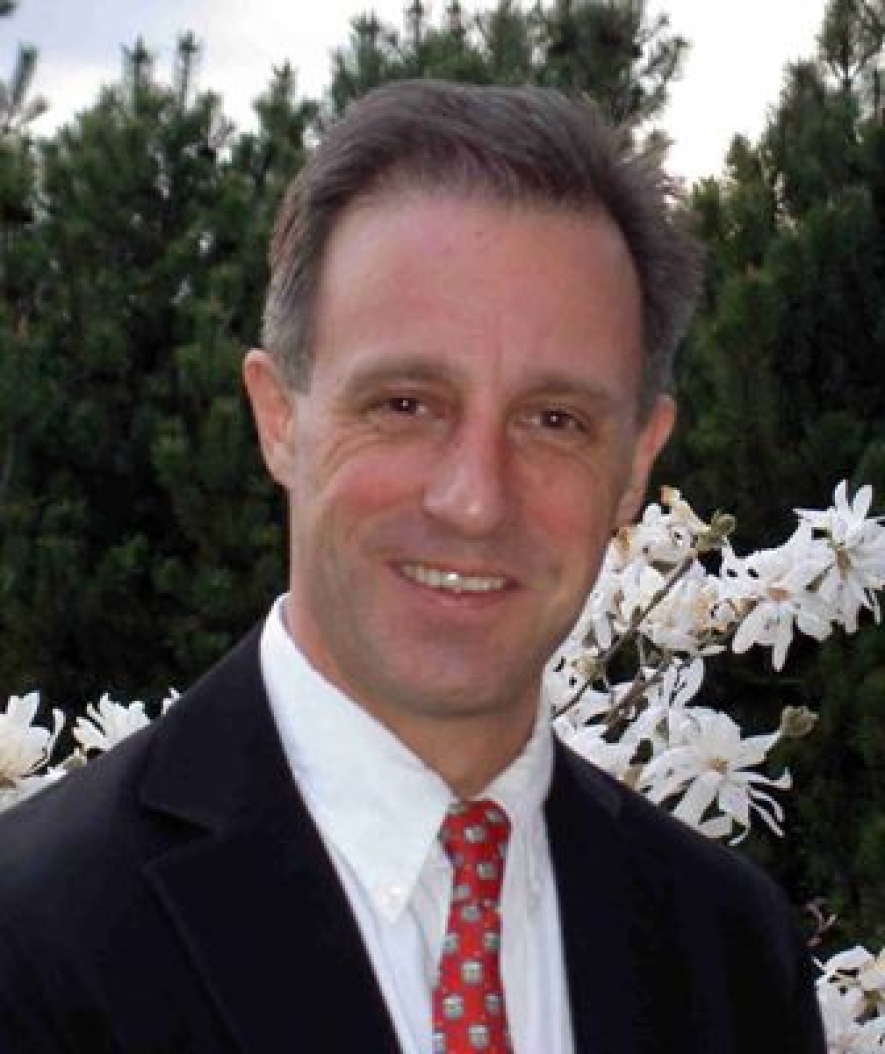
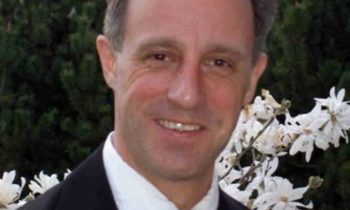 Norwegian State Secretary for Development Cooperation, Mr. Jens Frølich Holte, concluded a three-day visit to Sri Lanka on Saturday. During the visit, State Secretary Holte held meetings with the Minister of Fisheries and Aquatic Resources Development and Rural Economy Vijith Vijayamuni Zoysa, Minister of Finance and Mass Media Mangala Samaraweera, Minister of City Planning and Water Supply Rauff Hakeem, Leader of the Opposition R. Sampanthan, State Minister of Foreign Affairs Vasantha Senanayake and Foreign Secretary Prasad Kariyawasam.
Norwegian State Secretary for Development Cooperation, Mr. Jens Frølich Holte, concluded a three-day visit to Sri Lanka on Saturday. During the visit, State Secretary Holte held meetings with the Minister of Fisheries and Aquatic Resources Development and Rural Economy Vijith Vijayamuni Zoysa, Minister of Finance and Mass Media Mangala Samaraweera, Minister of City Planning and Water Supply Rauff Hakeem, Leader of the Opposition R. Sampanthan, State Minister of Foreign Affairs Vasantha Senanayake and Foreign Secretary Prasad Kariyawasam.
 UK regulator Ofcom has issued a warning to Lycamobile UK for failing to comply with EU roaming regulations.
UK regulator Ofcom has issued a warning to Lycamobile UK for failing to comply with EU roaming regulations.
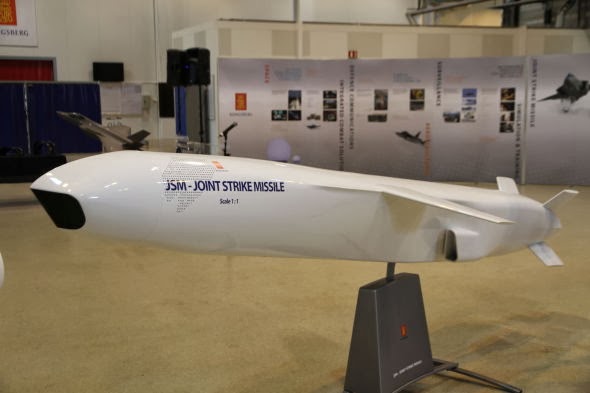
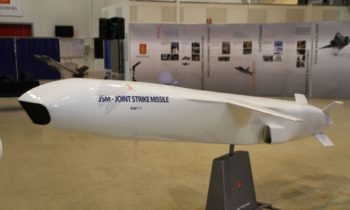 An important milestone has now been achieved, with the Joint Strike Missile (JSM) passing the last of its planned tests in the missile qualification programme. The development phase of the JSM is now in its final stage and is scheduled for completion in autumn 2018.
An important milestone has now been achieved, with the Joint Strike Missile (JSM) passing the last of its planned tests in the missile qualification programme. The development phase of the JSM is now in its final stage and is scheduled for completion in autumn 2018.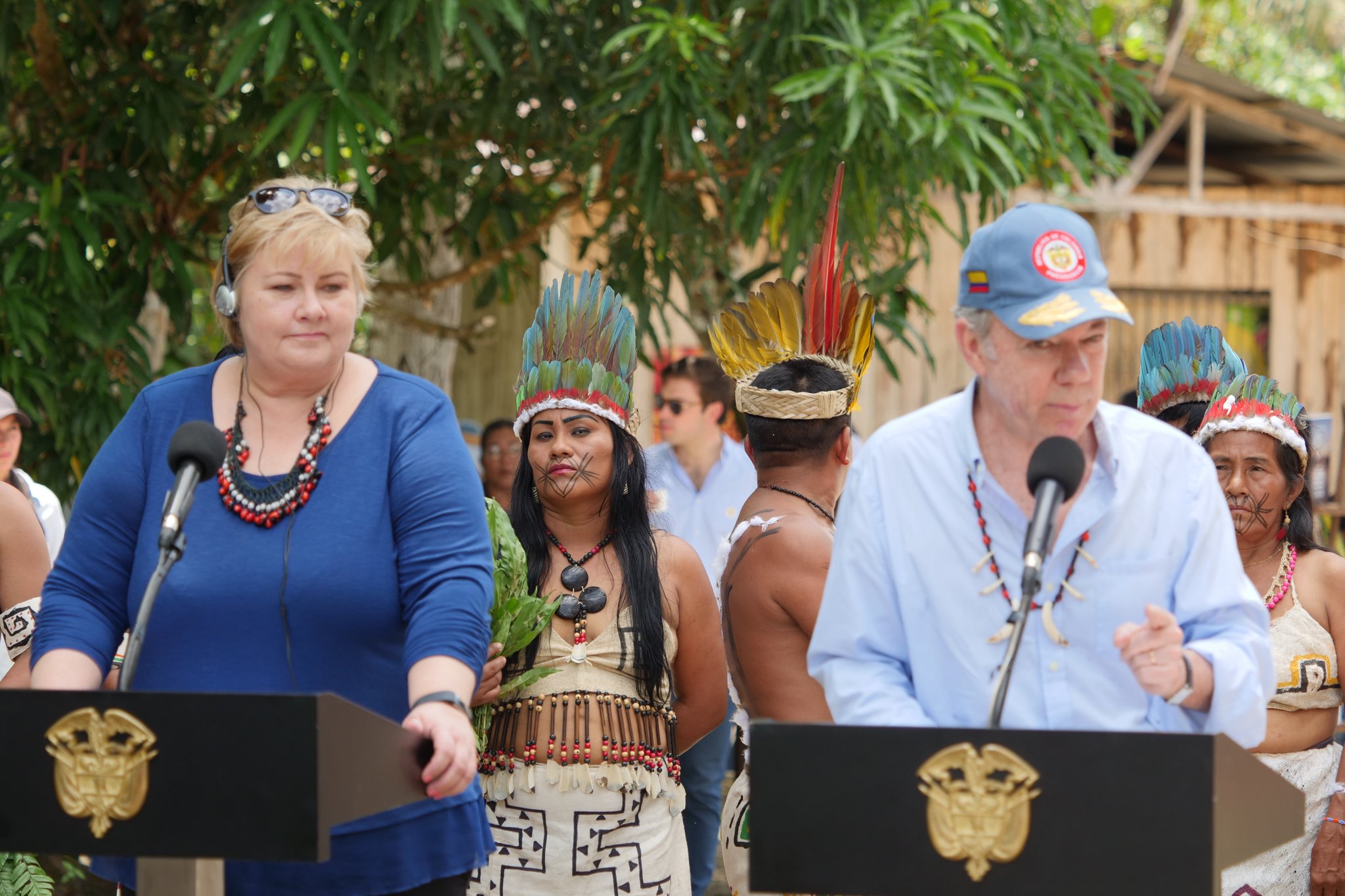
 Organized criminals make 50-152 billion USD a year illegally cutting down invaluable tropical forests and their activities have detrimental consequences for sustainable development in rainforest nations and the global climate.
Organized criminals make 50-152 billion USD a year illegally cutting down invaluable tropical forests and their activities have detrimental consequences for sustainable development in rainforest nations and the global climate.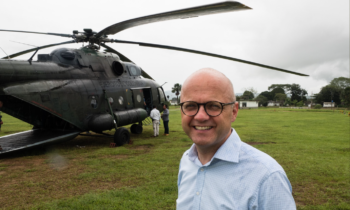 Because the criminal activity behind illegal deforestation is complex, there is a strong need for a holistic law enforcement approach. Therefore, UNODC, INTERPOL and RHIPTO-Norwegian Center for Global Analyses are launching a collaborative initiative titled “Law enforcement assistance programme to reduce tropical deforestation” (Programme LEAP). The programme will support different law enforcement agencies in their joint efforts to crack down on illegal deforestation and associated crimes.
Because the criminal activity behind illegal deforestation is complex, there is a strong need for a holistic law enforcement approach. Therefore, UNODC, INTERPOL and RHIPTO-Norwegian Center for Global Analyses are launching a collaborative initiative titled “Law enforcement assistance programme to reduce tropical deforestation” (Programme LEAP). The programme will support different law enforcement agencies in their joint efforts to crack down on illegal deforestation and associated crimes.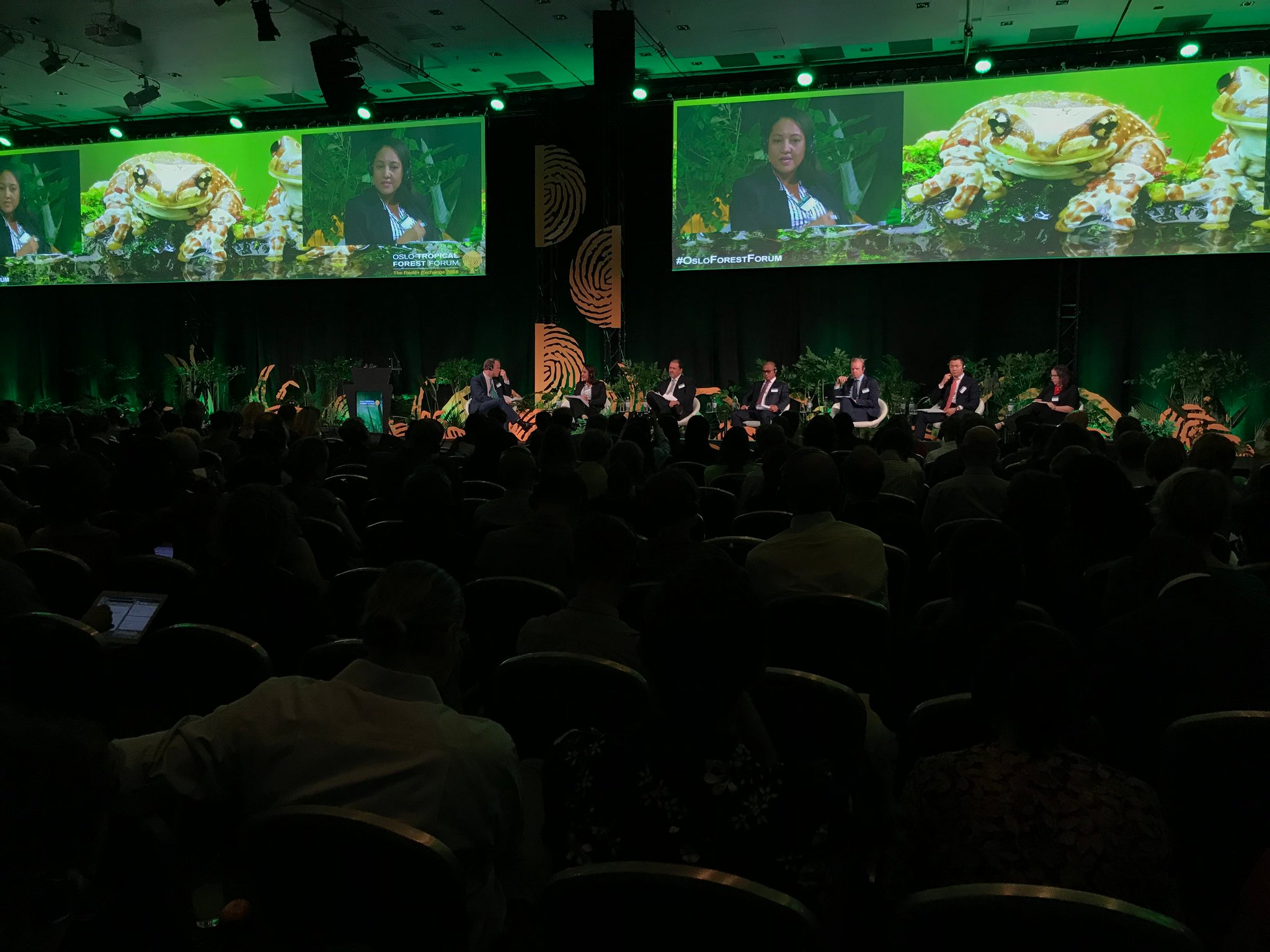
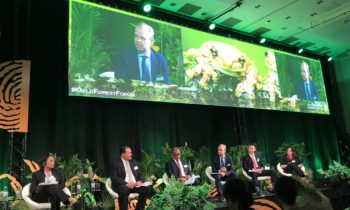 New findings released today in Oslo suggest Indigenous Peoples and local communities dramatically outperform other managers, conserving lands and forests for a quarter the cost of public and private investments to conserve protected areas.
New findings released today in Oslo suggest Indigenous Peoples and local communities dramatically outperform other managers, conserving lands and forests for a quarter the cost of public and private investments to conserve protected areas. Indigenous Peoples and local communities have customary rights to at least half of the world’s land, but legal ownership over just 10 percent.
Indigenous Peoples and local communities have customary rights to at least half of the world’s land, but legal ownership over just 10 percent. 
 A “golden age” of technology–from satellites and remote sensing to cloud computing, drones and innovative ground data collection–have enabled the tracking and monitoring of the world’s tropical forests, providing an unprecedented opportunity to maximize the role forests play is soaking up and storing carbon and providing many goods and services for sustainable development, reveals a working paper released today at a major global gathering focused on efforts to save the world’s rainforests.
A “golden age” of technology–from satellites and remote sensing to cloud computing, drones and innovative ground data collection–have enabled the tracking and monitoring of the world’s tropical forests, providing an unprecedented opportunity to maximize the role forests play is soaking up and storing carbon and providing many goods and services for sustainable development, reveals a working paper released today at a major global gathering focused on efforts to save the world’s rainforests.
 An emerging body of research on the non-carbon impacts of deforestation reveals that destroying tropical forests significantly alters the Earth’s delicate energy balance, rainfall, and wind systems, leading to warmer and drier conditions near cleared forests and out-of-whack weather patterns across the globe, according to a new report by leading forest experts to be released at a major global forest gathering today. The research suggests these “new” impacts of deforestation, rooted in the flow of solar energy through forests across the upper atmosphere, disruptions to the atmosphere’s chemical cocktail, and dramatic declines in water cycling are just as damaging to the climate as the carbon released into the atmosphere when trees are cut down.
An emerging body of research on the non-carbon impacts of deforestation reveals that destroying tropical forests significantly alters the Earth’s delicate energy balance, rainfall, and wind systems, leading to warmer and drier conditions near cleared forests and out-of-whack weather patterns across the globe, according to a new report by leading forest experts to be released at a major global forest gathering today. The research suggests these “new” impacts of deforestation, rooted in the flow of solar energy through forests across the upper atmosphere, disruptions to the atmosphere’s chemical cocktail, and dramatic declines in water cycling are just as damaging to the climate as the carbon released into the atmosphere when trees are cut down.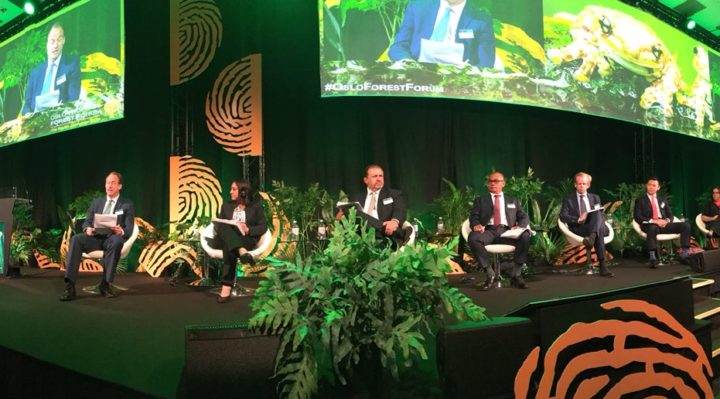
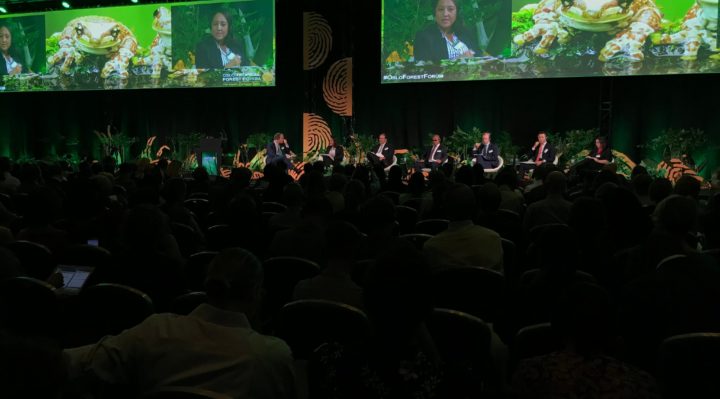
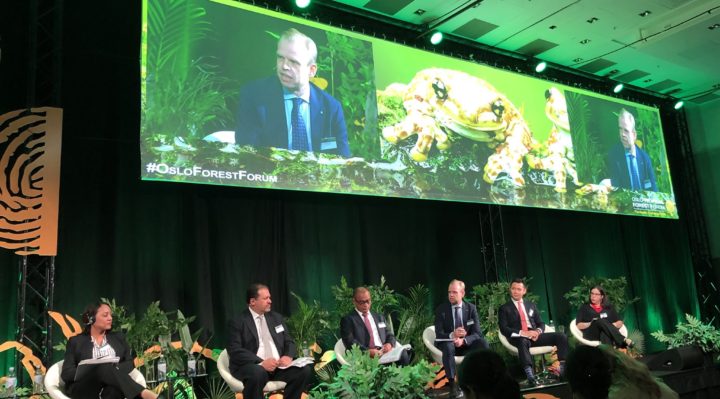
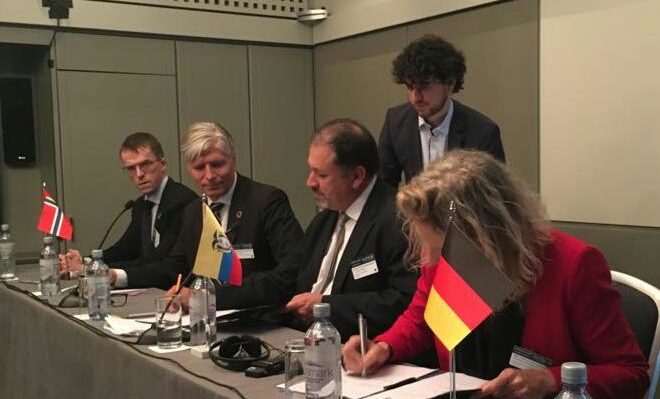
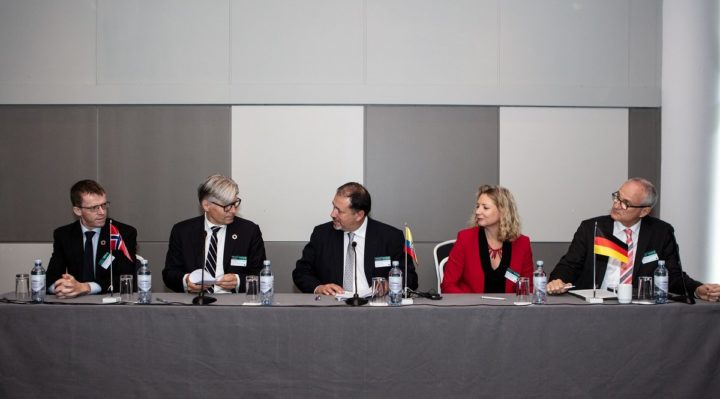
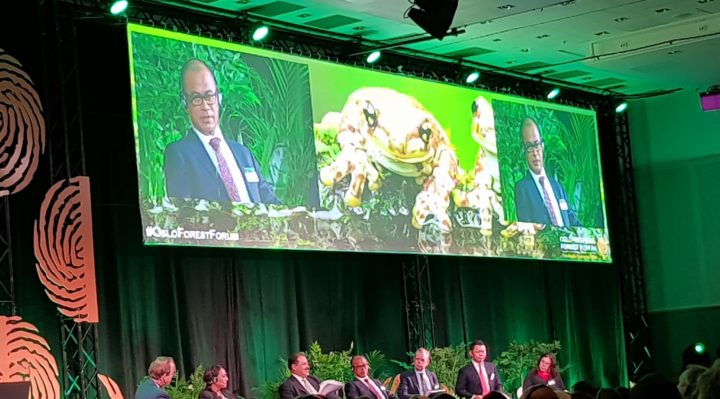
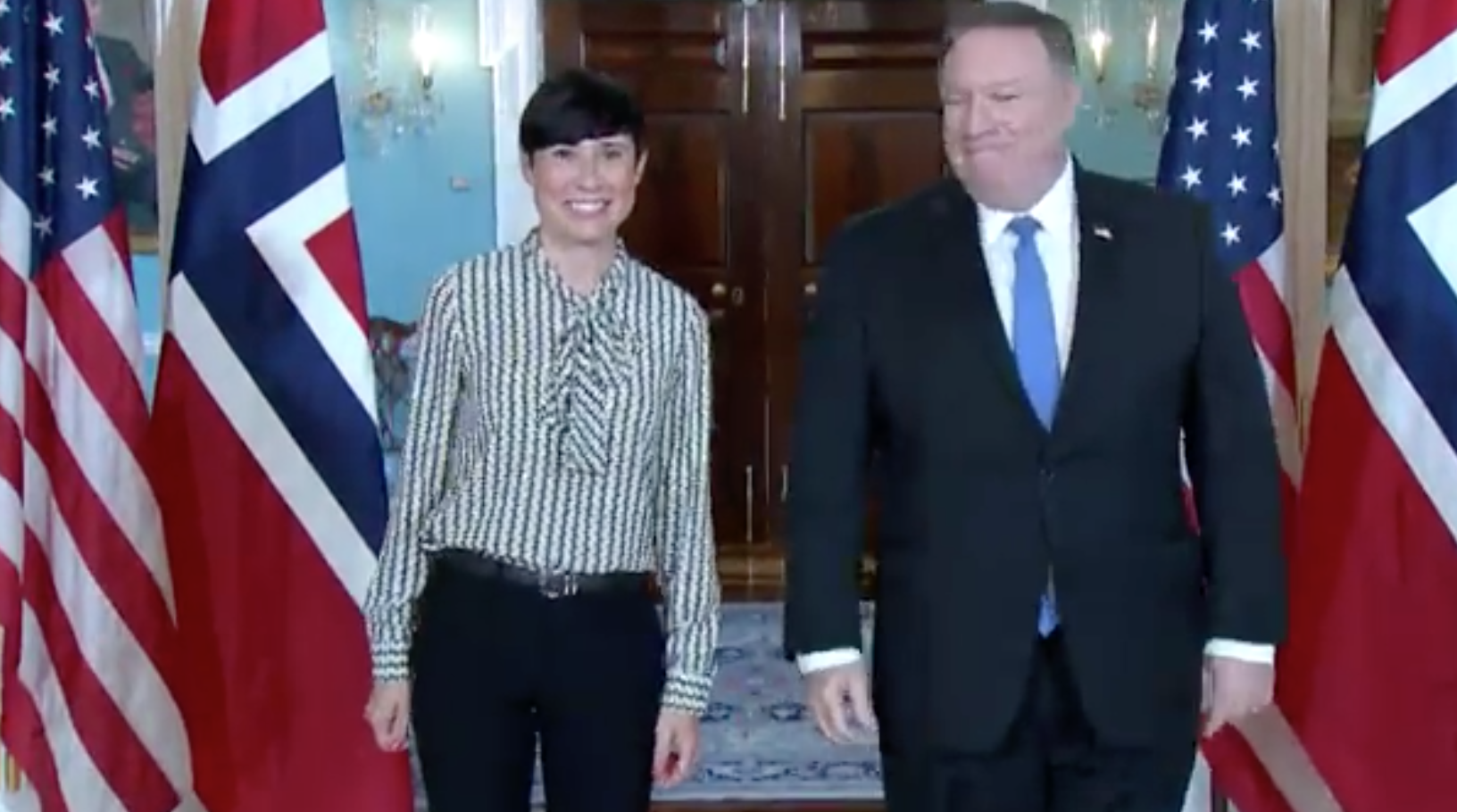
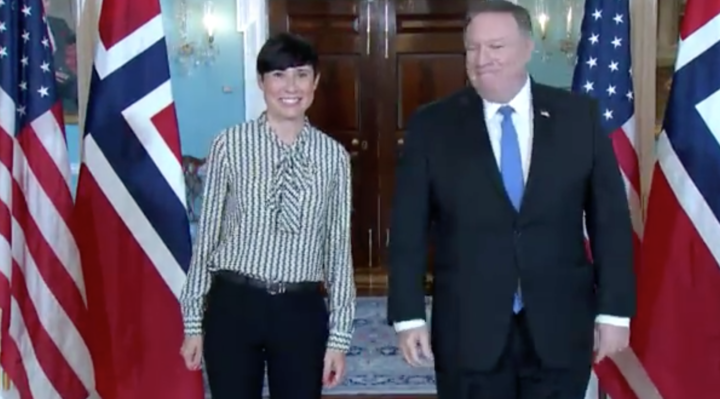

 The Government has issued an extraordinary gazette notification listing the names of 14 individuals living overseas with links to the LTTE and banning them from entering Sri Lanka, by placing them in the list of designated persons.
The Government has issued an extraordinary gazette notification listing the names of 14 individuals living overseas with links to the LTTE and banning them from entering Sri Lanka, by placing them in the list of designated persons.
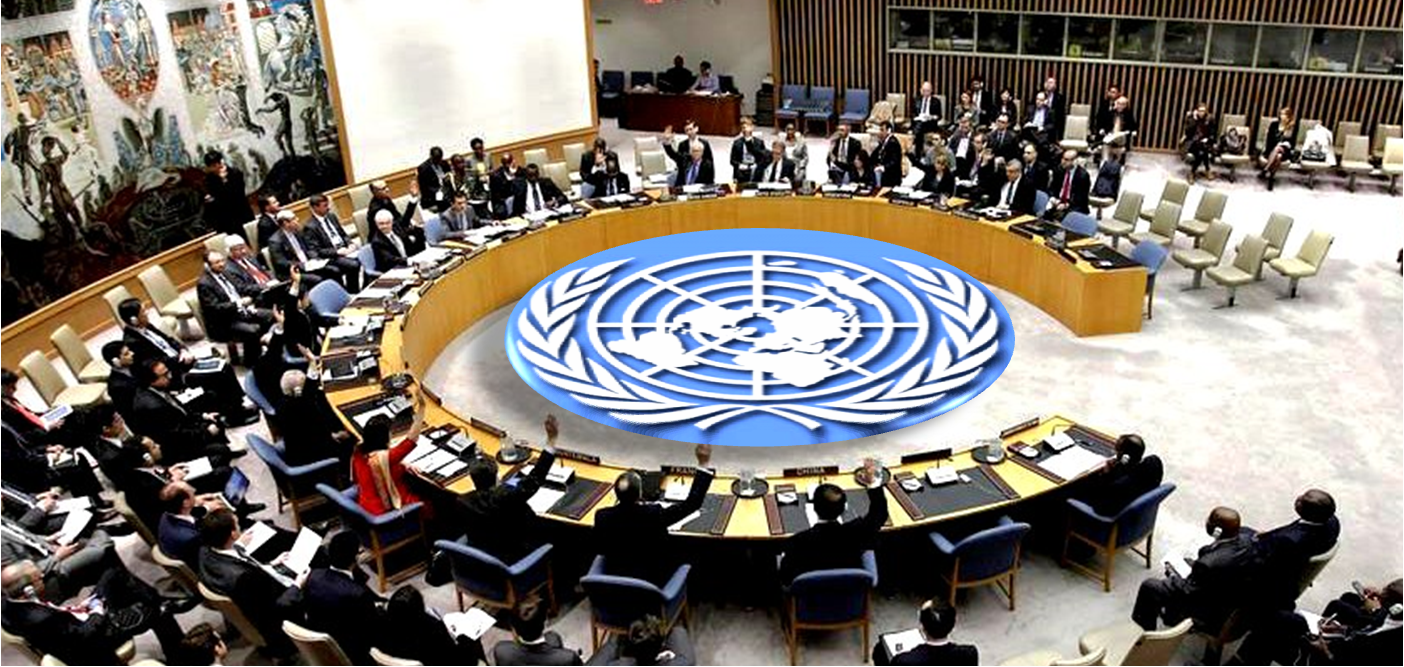
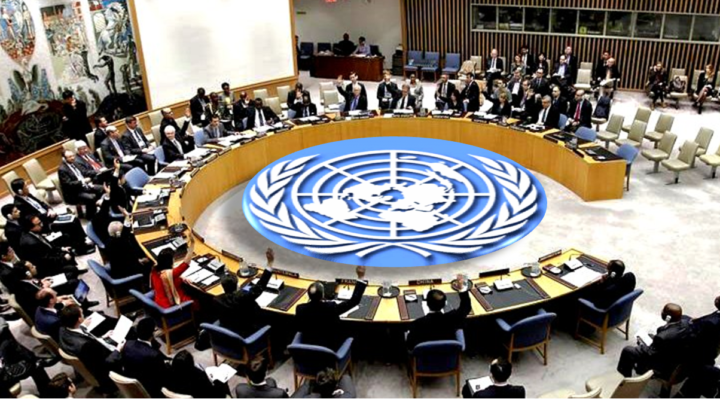 Many of the challenges the world is now facing can only be addressed through cooperation with other countries. The UN is the most important forum for international cooperation. Norway has been a strong supporter, both financially and politically, of the UN’s work to promote peace, development and human rights since the organisation was established in the aftermath of the Second World War.
Many of the challenges the world is now facing can only be addressed through cooperation with other countries. The UN is the most important forum for international cooperation. Norway has been a strong supporter, both financially and politically, of the UN’s work to promote peace, development and human rights since the organisation was established in the aftermath of the Second World War.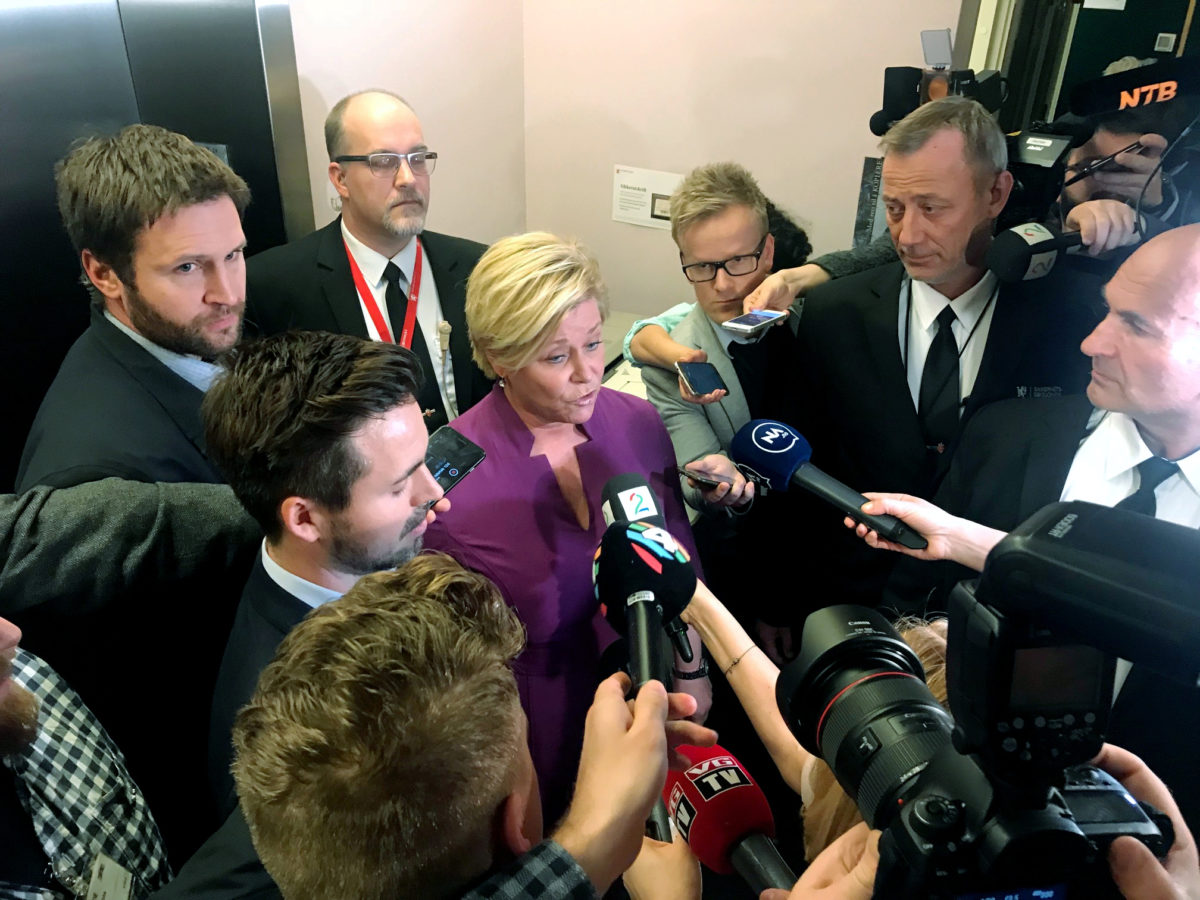
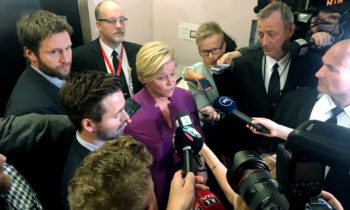
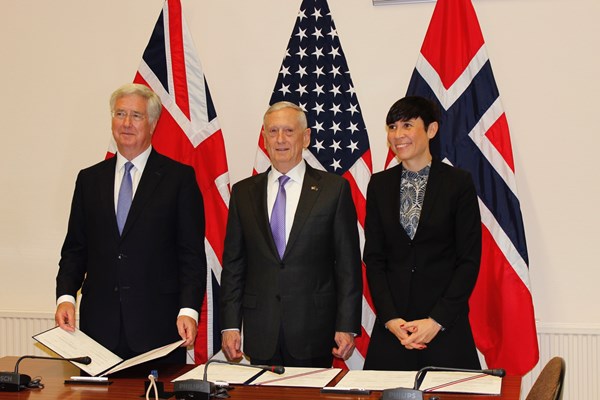
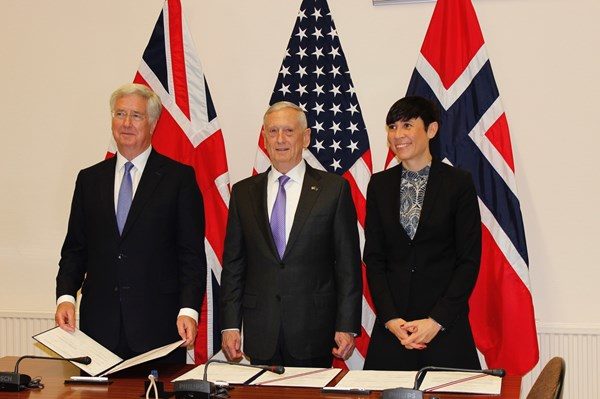 The so-called troika in Sudan (USA, UK and Norway) has delivered a joint statement on the ongoing clashes in the Jebel Marra region of Darfur.
The so-called troika in Sudan (USA, UK and Norway) has delivered a joint statement on the ongoing clashes in the Jebel Marra region of Darfur.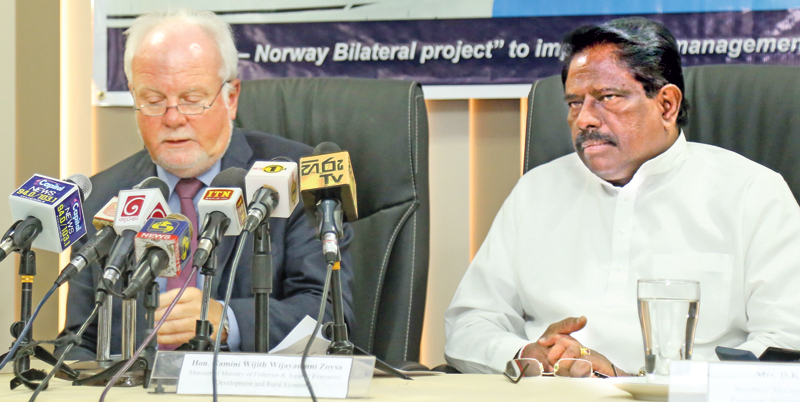
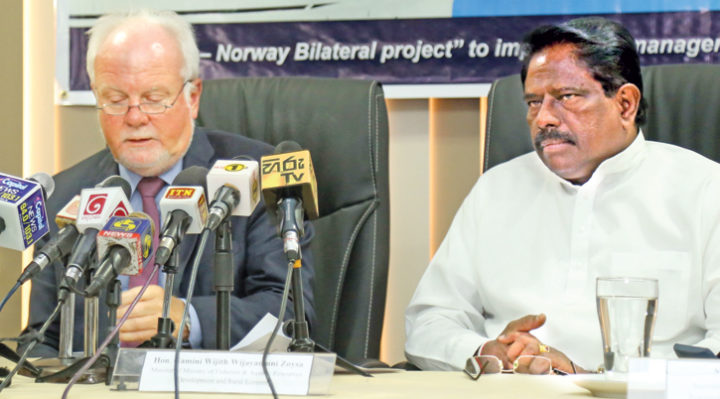 The government of Sri Lanka distributed drinking water at a very low price and giave priority to the investments made with the participation of government and private sector, SL Minister Rauff Hakeem said.
The government of Sri Lanka distributed drinking water at a very low price and giave priority to the investments made with the participation of government and private sector, SL Minister Rauff Hakeem said.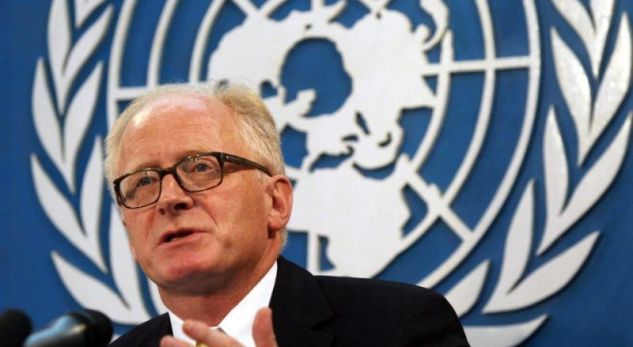
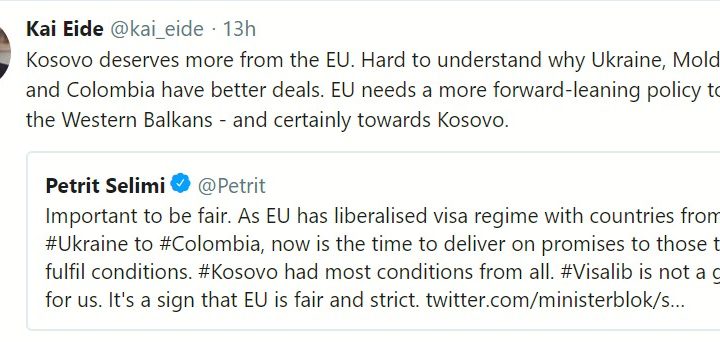
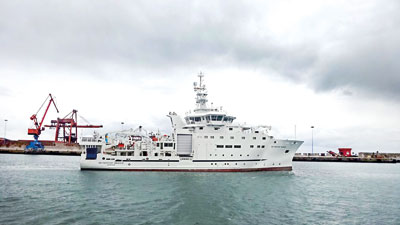
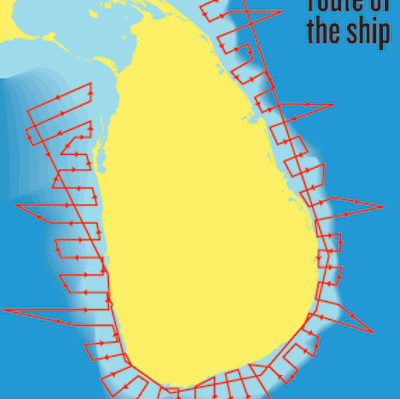 “Most of the data about fisheries are extractions based on catches by fishermen. An independent study is required to assess depleting fisheries stocks and find out new fishing grounds. There can also be under-utilised fish stocks that can be harvested successfully, and research would help us to identify such opportunities,” said National Aquatic Resource Research Development Agency (NARA) Deputy Director-General Dr. Palitha Kithsiri.
“Most of the data about fisheries are extractions based on catches by fishermen. An independent study is required to assess depleting fisheries stocks and find out new fishing grounds. There can also be under-utilised fish stocks that can be harvested successfully, and research would help us to identify such opportunities,” said National Aquatic Resource Research Development Agency (NARA) Deputy Director-General Dr. Palitha Kithsiri.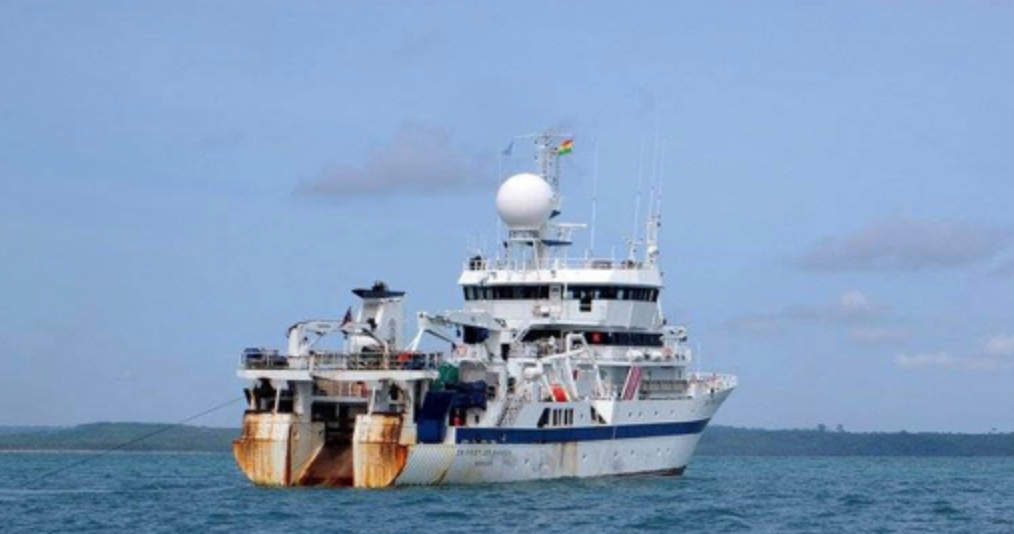
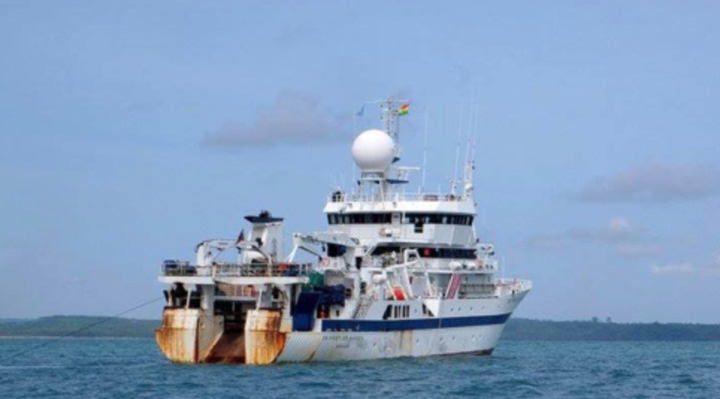 The State Minister of the Norwegian Ministry of Foreign Affairs Jens Frølich Holte will visit Sri Lanka this week during which he will discuss promotion of ocean-based industries.
The State Minister of the Norwegian Ministry of Foreign Affairs Jens Frølich Holte will visit Sri Lanka this week during which he will discuss promotion of ocean-based industries.